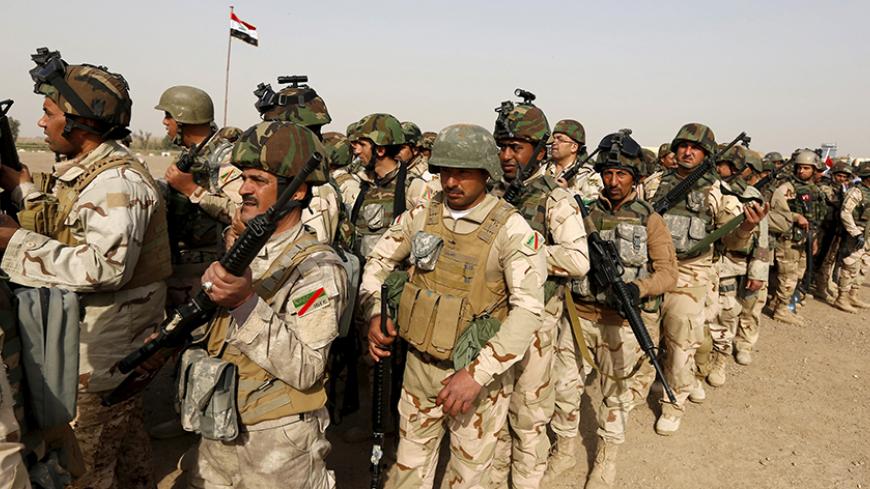WASHINGTON — With plans advancing for the battle to retake Iraq’s second-largest city, Mosul, from the so-called Islamic State (IS), the military campaign to seize territory is making such rapid progress in Iraq and Syria that it now presents a daunting challenge: how to get humanitarian and political preparations to catch up. Defense and foreign ministers from over 30 nations met in Washington July 20-21 to plan how to provide humanitarian relief, reconstruction and government services to care for and try to win hearts and minds of the millions of people expected to be displaced or severely impacted in the operations, most of them Sunnis, so that IS — once uprooted — does not find fertile ground again.
“The liberation of Mosul is now in sight,” Brett McGurk, the US special presidential envoy to the Global Coalition to Counter ISIL (IS), said at a meeting of 30 coalition defense and foreign ministers at the State Department July 21. “We must, as a coalition, get it right.”



